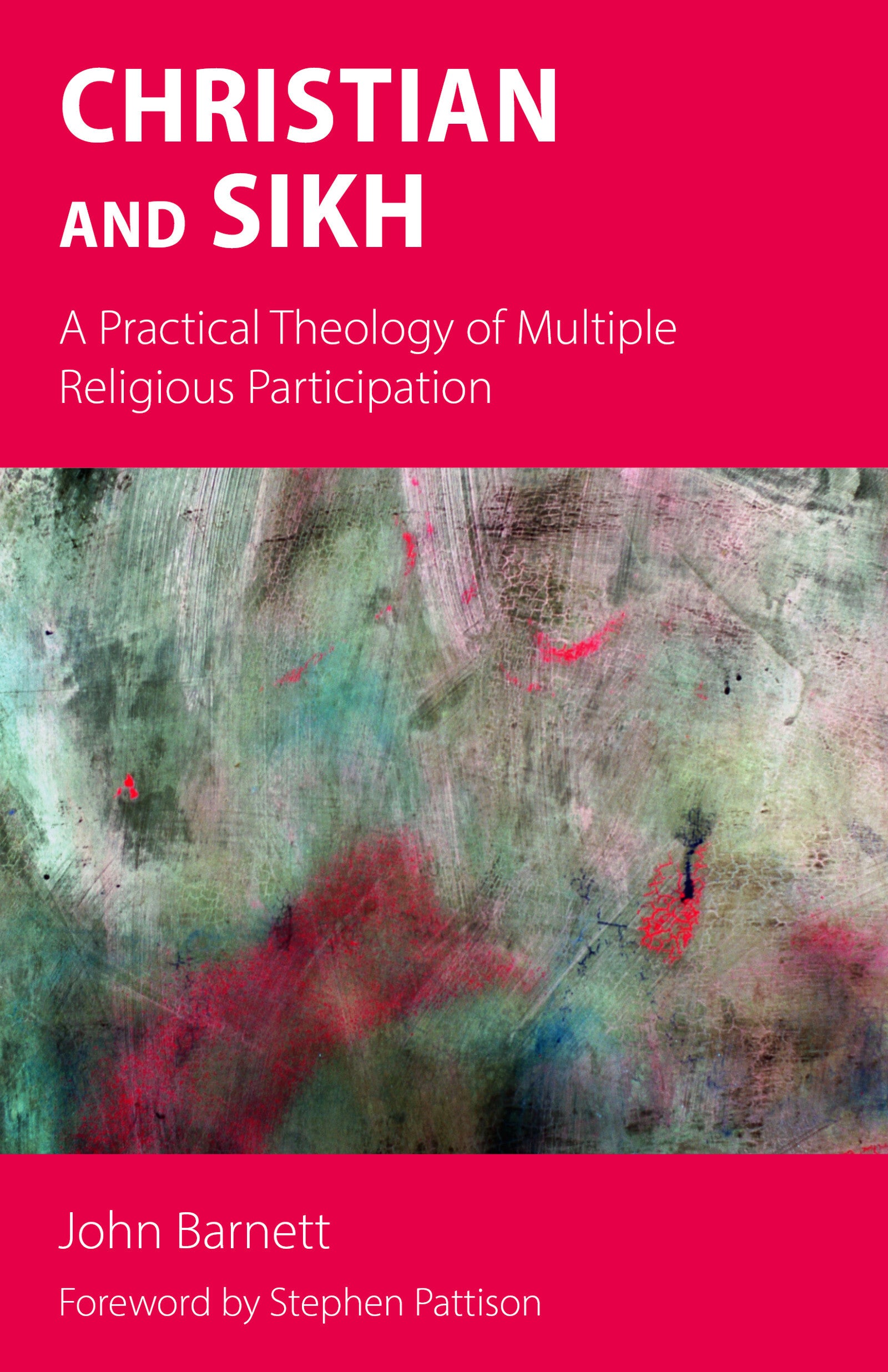The growing number of mixed-faith families and personal cross-faith explorations is leading to a fluidity in religious engagement that would once have been considered undesirable or even impossible. This book gives unprecedented practical content to the reality of multiple religious participation, balancing and challenging the more theoretical descriptions that are developing.
The author, a Christian priest and practical theologian, has spent several years worshipping as a Sikh while continuing in his Christian ministry, and has made this the basis of a sustained piece of autoethnographic description and reflection. His frank presentation of the challenges and the joys he encountered is in places deeply personal but also engages with the expectations of the communities with which he was involved, and the widest themes of religious identity and loyalty. The author’s own experience is supplemented by interviews with others who relate to both Sikhi and Christianity, by focus groups with colleagues, and by wide reading related to the issues involved. He encourages us to take part in similar boundary-crossing, reflecting in our own lives the self-giving friendliness of God.
It is heartening to read of a practitioner-researcher’s transformative journey from one faith tradition to another, inspired by the geographical context in which he is based. This journey of deep substance reveals not only an openness to neighbours of faith traditions other than Christianity but a desire to take such exploration to a next level, as the author immerses himself in the community and worshiping life of the religious other.
The Revd Sonja J. Wratten Post Graduate Researcher in Interreligious Encounter and Vicar of Reading Minster
Drawing from deep wells of experience and scholarship, John offers a fresh theological approach of friendship and friendliness as he explores his time of multi-religious participation. This book adds a personal and pastoral perspective on the practice of interfaith engagement and will be a helpful guide for those wishing to connect more deeply with people from different faith traditions.
Jessica Foster, Tutor in Interfaith Engagement, Queen’s Foundation
Barnett, a priest in an area with a Sikh community, was drawn to participate in their worship. He sees such participation as a significant gift to the church because it changes the emphasis from dogma to the experiential, especially prayer and community. He chronicles the effects on his family, colleagues, his parish. His clerical collar/ turban combination, the adjustment to new rituals, his absence from Sunday family lunch, the support of both communities in illness, his exploration of a new world and what he found there – these form the fascinating core of this book.
Rosie Budd, Transforming Ministry Magazine



